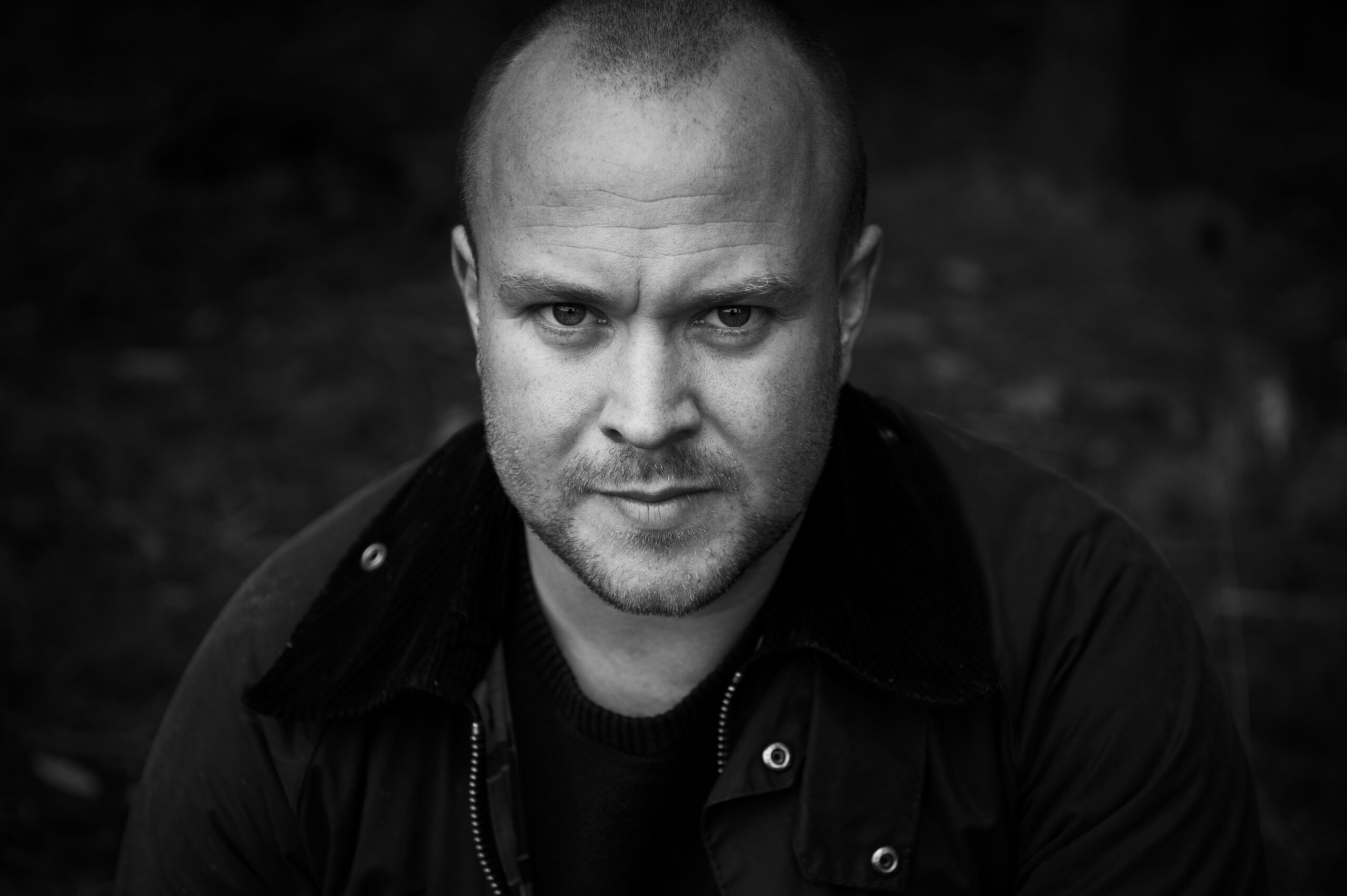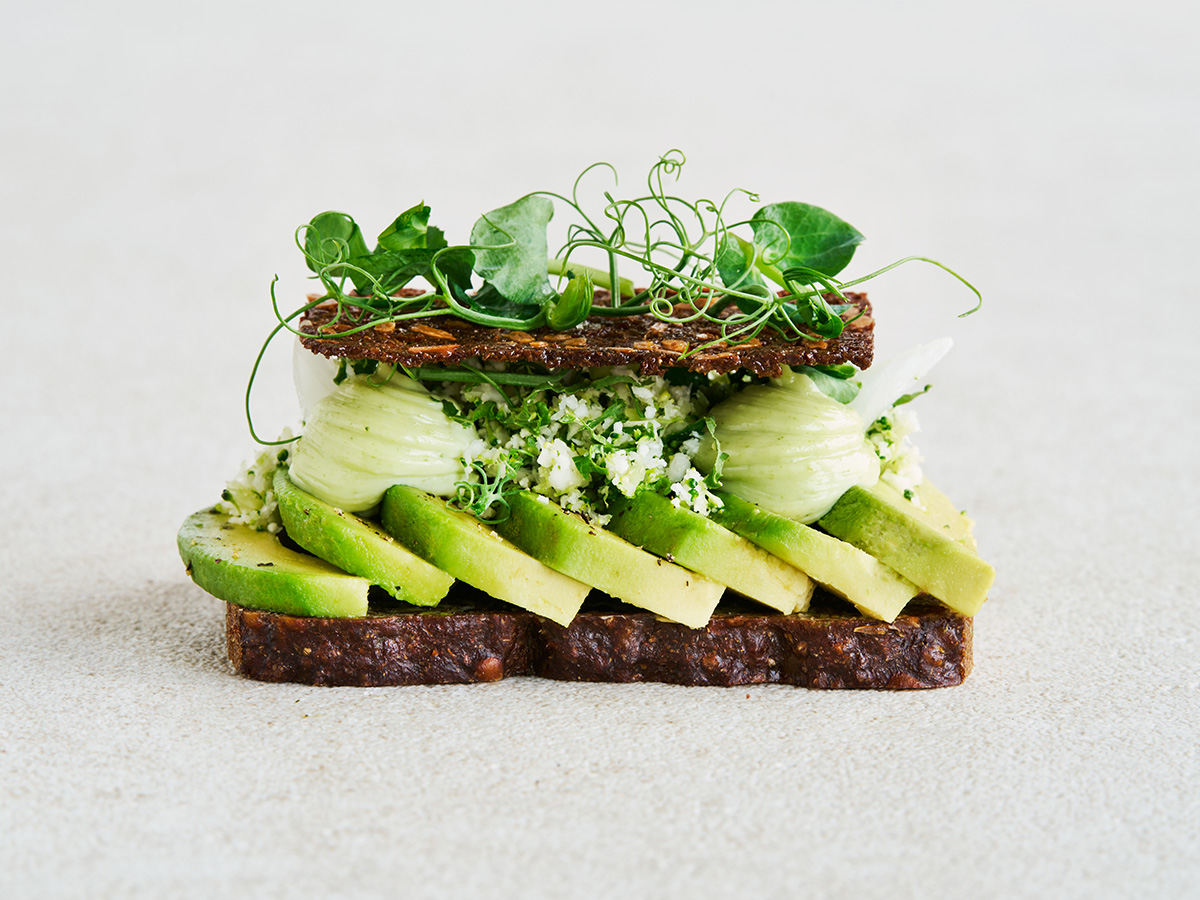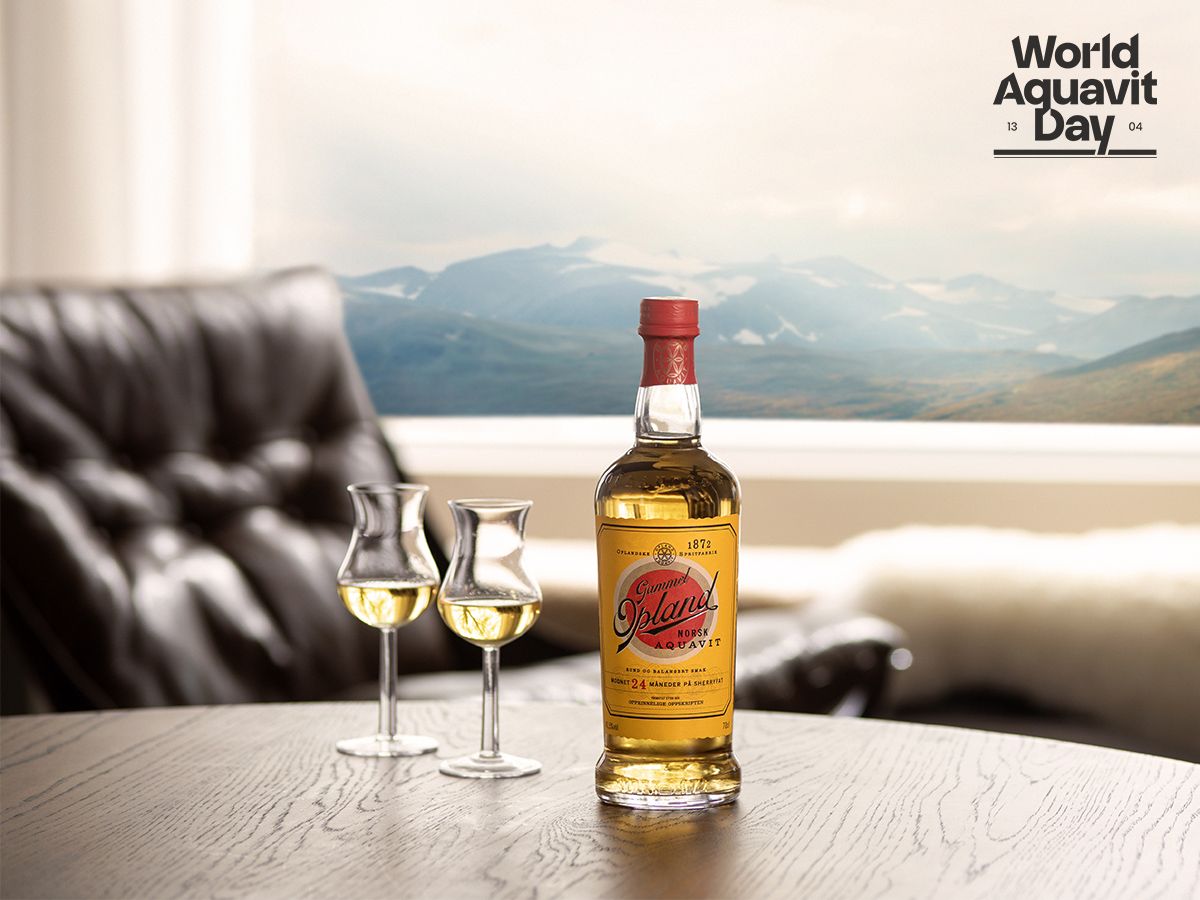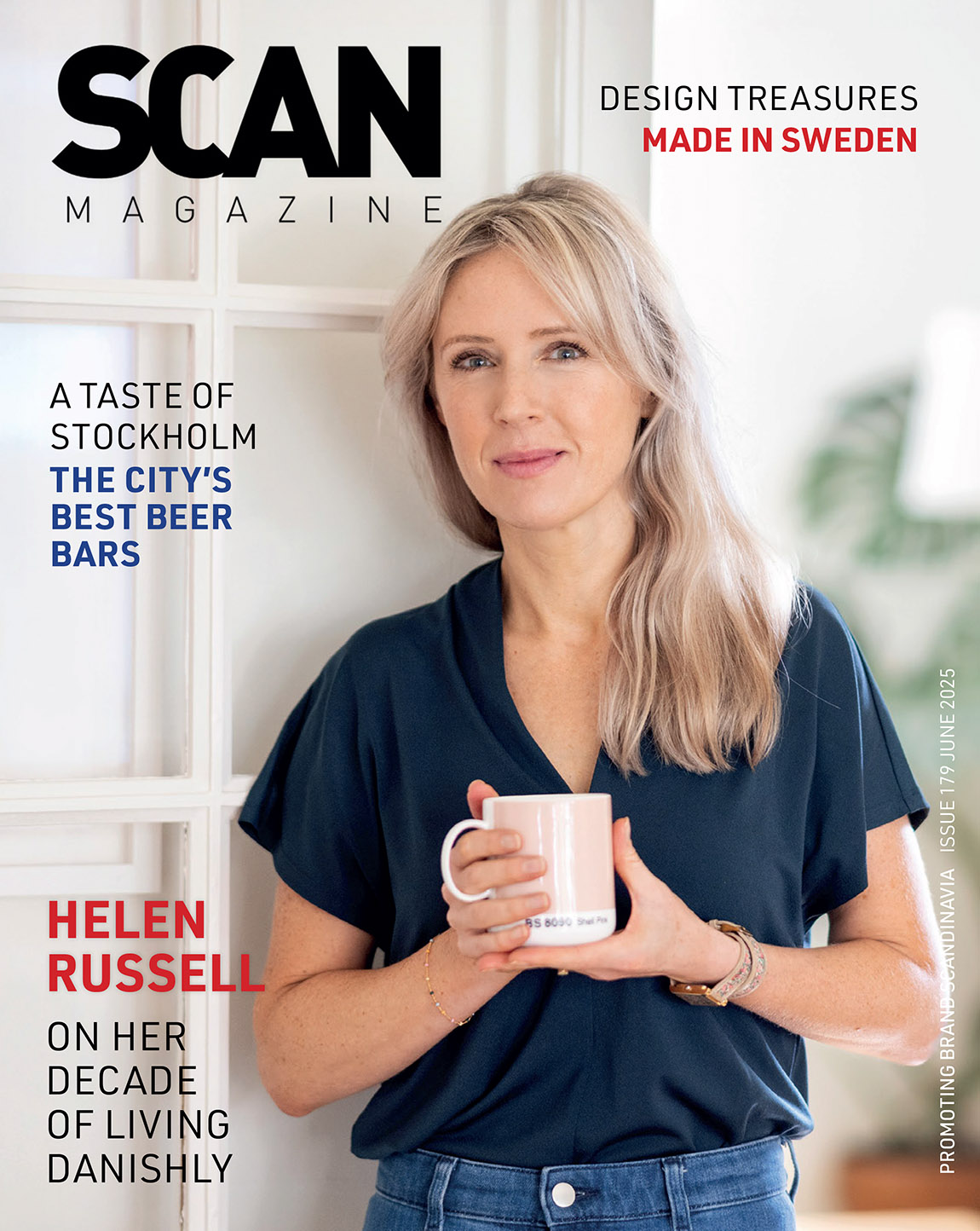Daniel Berlin: King of the kitchen, the garden and the woods

Last year, Daniel Berlin was crowned Chef of the Year for the second year in a row, making him Sweden’s most respected chef according to the professional culinary scene. But behind the success story is a kid with few ambitions. Scan Magazine spoke to the Swede about New Nordic Cuisine, working with his parents, and finding your thing.
“It means a lot,” says Berlin about the award. “The title has a certain weight because it’s fellow industry professionals who vote, and they know all about the behind the scenes of the work; they face the same challenges, know what the everyday life of running a restaurant is like. It means that the prize is based a lot on integrity – on being clear on who you are and what you do.”
But Berlin was not always so clear about the path ahead – far from it. “It was the only thing my grades were good enough for. I didn’t have any interest in gastronomy whatsoever; I could make macaroni and sausages and that was it,” he recalls, acknowledging that the whole thing sounds a bit bizarre with hindsight. “I don’t know, maybe I just found my thing. It just worked.” It sure did, and the story gives one goosebumps. “When you find something you’re good at, whatever that may be, you just want to see how good you can get, how far you can go. That’s been a constant motivation for me.”
A family affair
Berlin went on to buy a small, rustic 150-year-old country lodge on three acres of land in the county of Skåne in southern Sweden, but not before trying out life as a high-flying chef in the city, heading up the kitchen at the Turning Torso in Malmö with 17 chefs under him. The big scale and automated systems were not for him, and today his very own countryside restaurant is getting rave reviews from food critics across the globe and he has been hailed as the next René Redzepi.
“I had no precise ambitions when I first bought the place, but it worked and that spark was ignited. I’m still on that mission to find out how good we can become – and even eight years on, I think we’re only at the very beginning of this adventure,” he says. A family affair with Berlin’s mother working as server and garden manager and his father as sommelier, Daniel Berlin is small and intimate and offers a one-of-a-kind experience. The chef himself has been known to give guests a lift back to their hotel, while his father is only delighted to show visitors around the village. The entire staff – from the floor to the kitchen – lives above the restaurant.
“I don’t see that they’re my parents when we’re at work,” Berlin says about the setup. “It’s working really well, and it adds something to the atmosphere as neither of them had any previous restaurant experience; people who wouldn’t usually dine in fancy settings love the fact that they don’t have to talk gastronomy – they can chat about the weather or anything.”
That connection with the guests is central for the chef, who likens the direct-feedback experience of running a restaurant to 90 minutes on the football pitch. “Every day is a new game, and you get immediate feedback and a chance to improve,” he explains. “For me it’s about being satisfied – which sounds wrong, because I never am – but when I know I give people a memory they won’t forget, when 80-year-olds say that this is the best thing they’ve ever experienced, that’s big. It’s very special.”
New Nordic pride
Sometimes described as a farm-totable joint, Daniel Berlin fits neatly into the New Nordic Cuisine box with bearded men heading out to shoot their own game before serving it up alongside vegetables grown right outside. The ingredients on the menu may not look all that impressive at first, but the compositions and quality flavours tend to surprise, if not overwhelm. A range of tasting menus are available, alongside options that come with perfectly paired wines or juices. “You shouldn’t have to have water with dinner just because you drive,” says Berlin. “Our juices are adapted to suit the food, just like the wines. There’s everything from frozen cherries and beetroot to herbal infusions – it’s as interesting as everything else.”
The chef denies that Nordic food’s recent global reputation has had any major impact on him or his work. However, he admits that it is beneficial for less wellknown restaurateurs who are likely to be discovered by keen foodies who want to eat local and venture beyond Redzepi’s world-renowned Noma. “I guess in the past there was a lot of embarrassment and brushing under the carpet of our own ingredients and what our nature has to offer, as if there was something not quite sophisticated enough about it,” he ponders, listing access to game and freshwater fish among nature’s strengths in his immediate surroundings. “That’s what’s important about the New Nordic Cuisine trend, that there’s a sense of pride now – we can stand tall and serve up the produce we have, and it’s good.” He laughs, adding: “You do have to be selective though – I wouldn’t serve scallops, for instance, because our quality isn’t the best. But there’s something quite nice about that; you’re allowed to leave stuff out.”
His love for the vegetable garden and pride in serving truly local produce is more about control than trends, Berlin explains and shrugs at the idea of some fresh herbs thrown atop a dish making it somehow special. “When you remove all these steps between an ingredient growing and it ending up on your table, you gain control. It makes you a better chef,” he says. Of course, that is what it is all about for the Chef of the Year 2016. “I’ll still be here in ten years’ time, trying to become as good as I can possibly be. I’ve had the chance to create a scene out here where I get to do what I love, and do it the way I think it should be. And I can be clear and blunt about that. Then of course people can choose not to like it – but we’re pretty certain that we like it like this, and that’s enough for me.”
Subscribe to Our Newsletter
Receive our monthly newsletter by email





